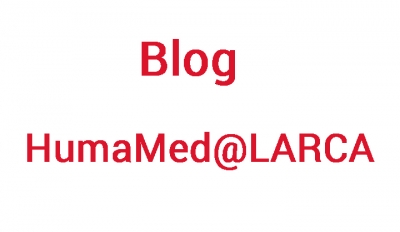Traces and memories of an ongoing pandemic – Yes We Care.
COST Action – “Who cares in Europe”
“Um, well when I look back, when everything started in China in December, I was already interested in this thing as a nurse and medical professional. Back then when I watched the television I was naturally impressed by what the Chinese had achieved. Today we’re debating if what they did was right or not. But er, when we see how long it took to build a hospital in Luxembourg, in Europe in general, and when they needed an annexe, they bult it in 2-3 days, it’s already pretty impressive.”[1]
These are the first phrases of the first interview caried out on the 1st April 2020 with Jean Dupond, a nurse working in Luxembourg for the “Yes We Care” project. The small European country entered lockdown on the 16th March 2020.[2] As in other countries, initiatives were launched in Spring 2020 to collect traces from the events that were in the process of unfolding. One such project that took place from inside the Centre for Contemporary and Digital History (C2DH) at the University of Luxembourg consisted of collecting oral testimonies from persons working in the health sector. The extract cited at the beginning of this text is taken from the first interview carried out and offers numerous possible readings: a geographical interpretation of a phenomenon not yet classed as a pandemic, to three levels including a worldwide vision of China as thebdeparture point of the pandemic and as an ambiguous model: as well as a vision that mixes the European and Luxembourgish spaces – perhaps a specificity of the Grand Duchy linked to a strong European identification[3]; and finally discusses a very localised experience of space when concerned with the place of work.
Pour lire la suite : http://www.larca.univ-paris-diderot.fr/humamedlarca/traces-et-memoires-dune-pandemie-en-cours-yes-we-care-cost-action-18119-who-cares-in-europe/
 Benoît Majerus
Benoît Majerus
Historian
Université du Luxembourg
COST Action 18119

